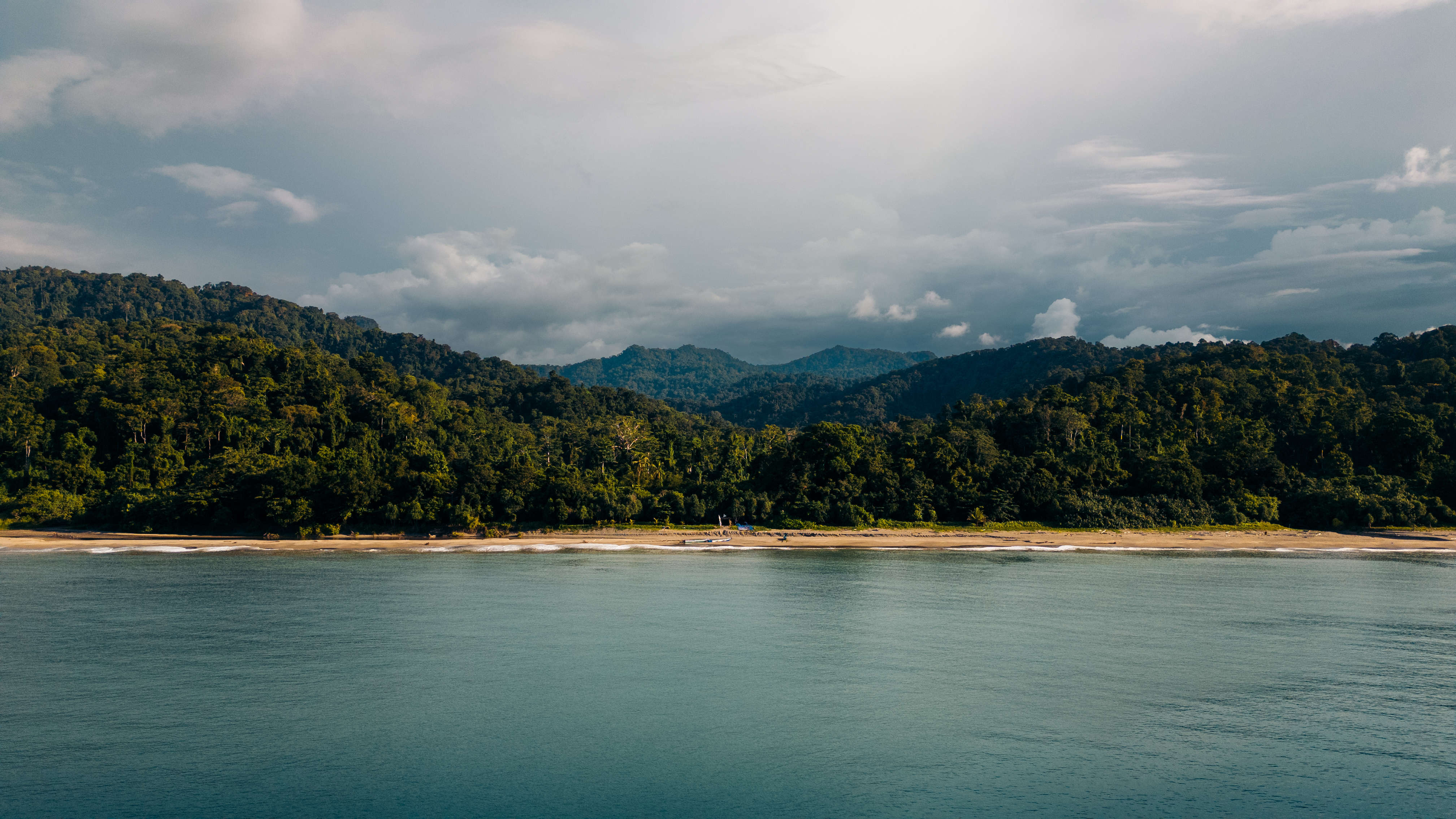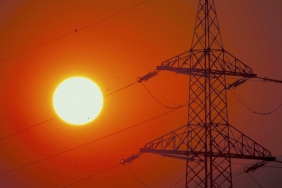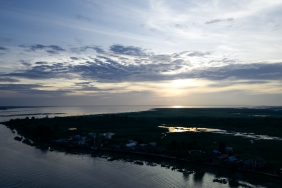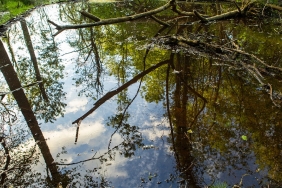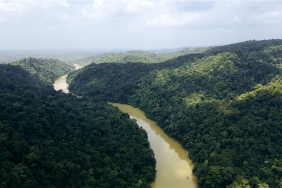PARTIES TO THREE INTL TREATIES ON HAZARDOUS WASTE TO JOIN FORCES
Over 1,000 signatories to three international treaties on hazardous chemical substances will hold meetings in Bali to discuss coordinated efforts to mitigate toxic pollutants.
The meeting of over 160 parties to the Basel, Stockholm and Rotterdam conventions will be held from Feb. 22 to Feb. 24.
“For Indonesia, joint cooperation between the members of the three treaties will have a positive budget impact as more funds will be spent on activities in the field rather than on administrative matters,” delegate Rasio Ridho Sani told The Jakarta Post on Monday.
Indonesia is party to the Basel and Rotterdam conventions.
“We are on the way to ratifying the Rotterdam agreement,” he said.
State Environment Minister Gusti Muhammad Hatta will be the president of the conference of parties (COP) to the Basel convention.
The Bali meeting will focus on six issues, including joint activities, joint managerial functions, joint services, synchronization of budget cycles and a joint audit account.
The idea to enhance cooperation among the three multilateral environmental treaties was raised in 2006 to resolve overlapping work in regard to chemical pollutants.
The Basel Convention on the control of trans-boundary movements of hazardous waste and its disposal has been ratified by 172 countries.
The convention requires parties to ensure that hazardous waste is managed in an eco-friendly manner to protect human health and the environment from the adverse effects of pollutants.
The Rotterdam Convention on Prior Informed Consent (PIC) promotes the open exchange of information on the trade of certain hazardous chemicals and pesticides.
Under the Rotterdam treaty, which went into force in 2004, parties can decide whether to allow or ban the importation of chemicals listed in the agreement.
The Stockholm convention on Persistent Organic Pollutants (POPs) obliges each party to take measures to curb the release of pollutants into the environment.
POPs are toxic chemicals that remain in the environment for a long period and can accumulate in the fatty tissue of living organisms.
Currently, 164 countries have signed the Stockholm convention, which came into effect in 2004.
Indonesia ratified the Stockholm convention last year after the country signed it in 2001.
The convention bans 12 chemicals, known as the “dirty dozen”, because they do not break down easily in the natural environment, can travel long distances, and accumulate in human and animal tissue.
Indonesia hosted the conference of parties to the Basel convention in 2008.
The Global Ministerial Environmental Forum was organized by the United Nations Environment Program (UNEP).
Indonesian delegate Liana Bratasida said the country would raise ocean issues at the ministerial meeting to press for global recognition of the role of oceans in mitigating climate change.

